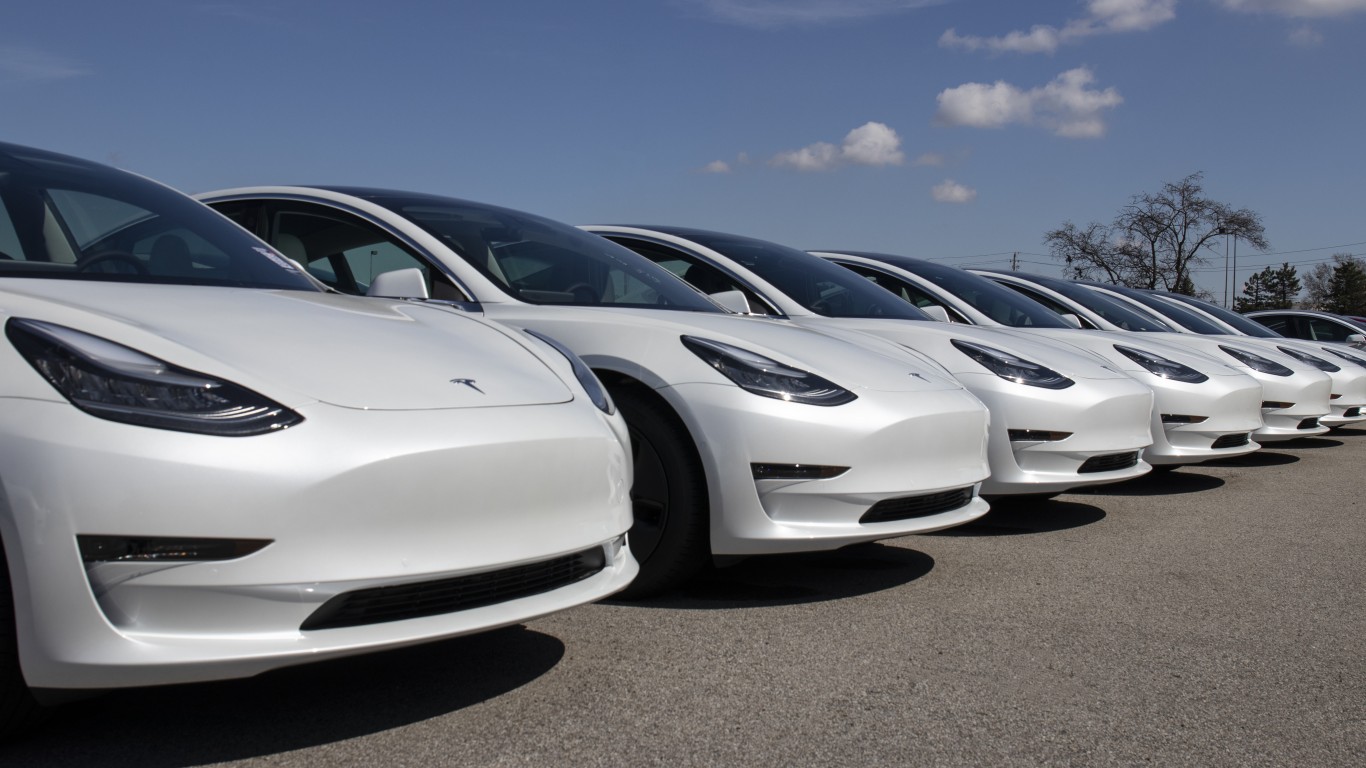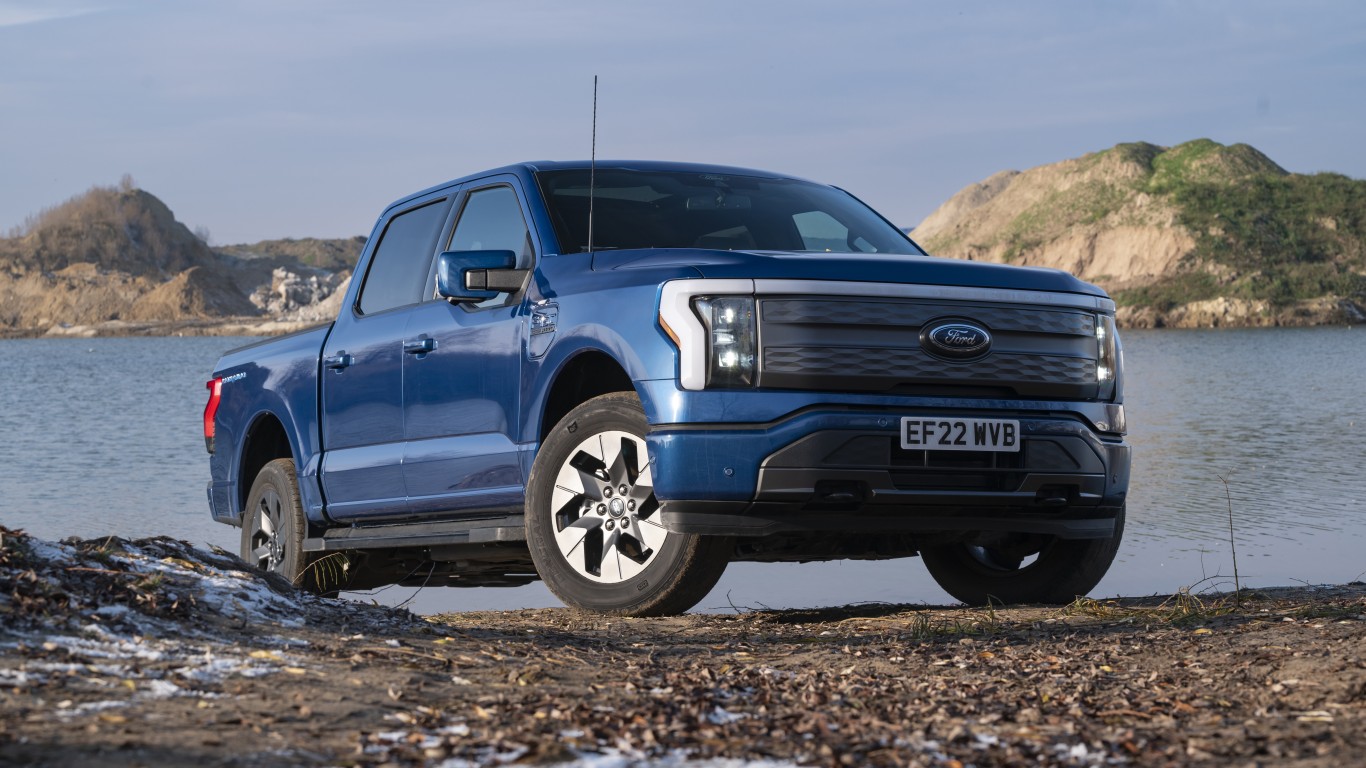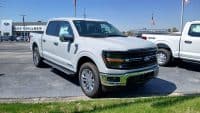
This post may contain links from our sponsors and affiliates, and Flywheel Publishing may receive
compensation for actions taken through them.
Car sales in the United States have hit an unusual patch. Demand is at high levels, likely because people could not get to dealers throughout the COVID-19 pandemic. On the other hand, a tremendous shortage of the semiconductors used in car electronic, navigation and entertainment systems has caused large manufacturers to close assembly lines and has badly damaged their finances.
Among the yardsticks used to measure the effects of the shortages are “days on lot” and cars sold over the manufacturer’s suggested retail price (MSRP). The first of these measures shows how long a car remains at a dealer from when it arrives from the manufacturer until is delivered to a customer. Traditionally, this is between 50 and 60 days. The days on the lot number has dropped to 25, according to iSeeCars.
In terms of car prices over MSRP, dealers charge more than car companies suggest for some models. This lift can be over 20%. While some potential customers complain, dealers know that demand makes complaints irrelevant.
Several organizations measure car quality. Among the best known are from J.D. Power. Others are from car media. Among the most carefully followed is Consumer Reports. The nonprofit consumer product evaluation organization recently released its annual auto reliability study. The study drew on the experience consumers had with over 300,000 cars. For car companies, the ratings are critical because they are used to make vehicle purchase decisions.
In all, the survey covers 28 brands ranked on a scale of 0 to 100. Three brands at the top of the list had scores above 70: Lexus (76), Mazda (75) and Toyota (71). Lexus is the luxury brand of Toyota. Eight of the top nine brands on the list were Japanese. Only Buick cracked the high end with a score of 66.
Several luxury models that should have high reliability because of their prices and levels of manufacturing care instead had mediocre scores. These included Porsche (52), Audi (47), Cadillac (47) and BMW (45).
Another luxury brand fell to the bottom of the list, far below any other brand. Lincoln had a score of 18, which is remarkably low.
Lincoln has been Ford’s troubled luxury brand for decades. Once the leader in U.S. luxury car sales along with Cadillac, its sales have dropped far behind the leading Japanese and German brands. Lincoln barely sells enough cars in the United States to be a viable business.
According to the report:
All Lincoln models have below-average reliability, with the Corsair and Aviator being well-below average. They, along with the Nautilus, have transmission, in-car electronics and power equipment problems.
It is yet another reason Lincoln cannot crawl out of its hole.
Click here to see which is the fastest-selling car in America.
Get Ready To Retire (Sponsored)
Start by taking a quick retirement quiz from SmartAsset that will match you with up to 3 financial advisors that serve your area and beyond in 5 minutes, or less.
Each advisor has been vetted by SmartAsset and is held to a fiduciary standard to act in your best interests.
Here’s how it works:
1. Answer SmartAsset advisor match quiz
2. Review your pre-screened matches at your leisure. Check out the advisors’ profiles.
3. Speak with advisors at no cost to you. Have an introductory call on the phone or introduction in person and choose whom to work with in the future
Get started right here.
Thank you for reading! Have some feedback for us?
Contact the 24/7 Wall St. editorial team.



